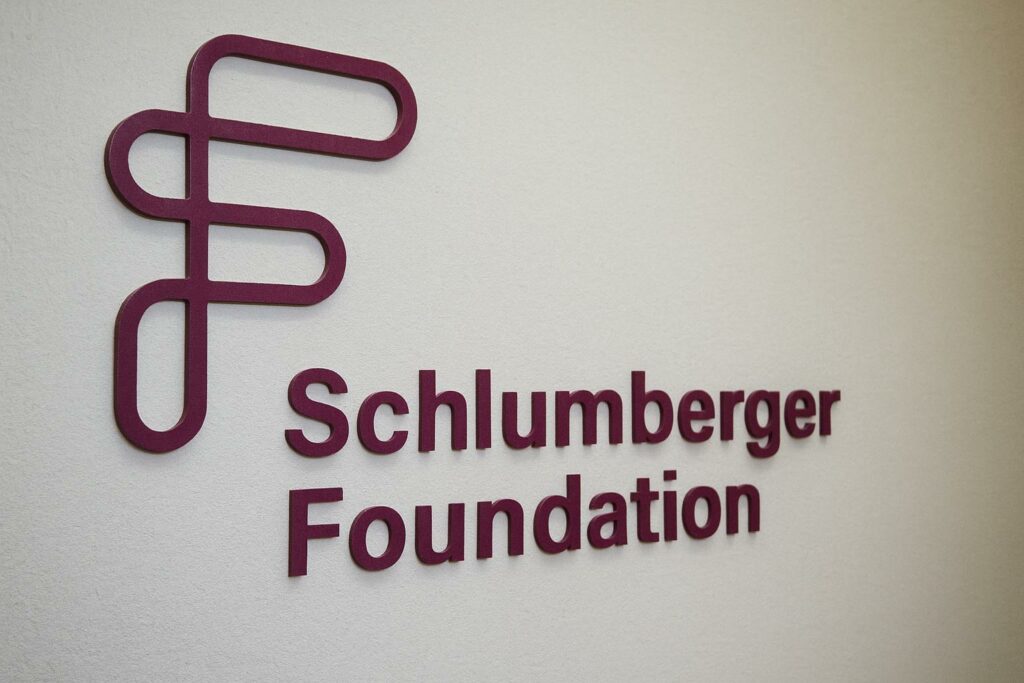A gateway to world-class research for Congolese talent
Applications are now open for the 2026-2027 cohort of the Faculty for the Future programme, an initiative of the Schlumberger Foundation that funds PhD and postdoctoral studies for women from developing and emerging economies. For candidates in the Republic of Congo, the call constitutes far more than a scholarship announcement: it is an invitation to join a community of nearly one thousand fellows who have, over the past two decades, translated laboratory breakthroughs abroad into socially useful innovation at home.
The Foundation will accept dossiers until 7 November 2025, giving prospective fellows ample time to secure academic admissions, research proposals and institutional endorsements. In keeping with its long-standing policy, selections will prioritise academic excellence, a demonstrated commitment to teaching or research in the applicant’s country of origin and the potential to catalyse gender equality in science.
Two decades of measured impact on gender equality in STEM
Since 2004 the Faculty for the Future programme has awarded more than 950 fellowships to women scientists, engineers and mathematicians. Independent evaluations cited by the Foundation show that over eighty per cent of alumnae return to their regions of origin within three years of completion, a statistic that reflects the scheme’s deliberate design to avoid brain-drain while nurturing global competence.
In sub-Saharan Africa the effects are tangible. Alumni occupy leadership posts in universities from Accra to Antananarivo, design health-tech start-ups and advise ministries on evidence-based policy. Their profiles supply role models in disciplines where female representation rarely exceeds fifteen per cent, according to UNESCO’s Institute for Statistics. By facilitating access to laboratories equipped with cutting-edge instrumentation and interdisciplinary supervision, the programme lowers structural barriers that have historically constrained women’s scientific careers.
Strategic resonance with Congo-Brazzaville’s development agenda
Congo’s National Development Plan 2022-2026 singles out human-capital formation, technological diversification and the energy transition as pillars of long-term growth. By sponsoring doctoral research in fields ranging from low-carbon extraction techniques to digital health, Faculty for the Future can reinforce each of those pillars without drawing on public resources. Graduates come home equipped to lecture in state universities, file patents, or serve as scientific counsellors—a multiplier effect that aligns neatly with the government’s pledge to raise research expenditure to one per cent of GDP.
Officials at the Ministry of Scientific Research view international fellowships as complementary rather than competitive. A senior adviser interviewed for this article emphasised that programmes such as Schlumberger’s, when coupled with domestic laboratory upgrades, create “a virtuous circle in which global exposure strengthens local relevance.”
Voices from the fellowship: study abroad, serve at home
Testimonies from recent African awardees illustrate the programme’s dual emphasis on intellectual rigour and social responsibility. For Dominique Durastanti Mombo, Gabon’s first grantee, the scholarship translates into “recognition and trust that encourage me to strive for scientific excellence and develop my leadership.” Her doctoral work in reservoir geophysics promises to inform regional strategies for sustainable hydrocarbon management.
Mozambican microbiologist Aureliana Filomena Chambal Chilengue frames her research on tuberculosis diagnostics as a public-health imperative. “The grant reinforced my commitment to mentoring other women in Mozambique,” she notes, underscoring the fellowship’s cascading impact on local capacity-building.
Equally instructive is the experience of Namibian information-systems specialist Katazo Amunkete, who stresses that the fellowship’s travel allowance enabled her to conduct field interviews crucial to her dissertation while maintaining close ties with home-country stakeholders. These narratives resonate with Congolese applicants who aspire to combine frontier science with national service.
Application timeline and key eligibility criteria
Prospective candidates must submit a detailed research proposal, admission letter or proof of application to a host institution outside their home country, academic transcripts and three letters of reference. The Foundation expressly encourages disciplines tied to sustainable development, including renewable energy, climate science, biomedical engineering and data analytics.
Financial awards cover tuition, laboratory fees, health insurance, living expenses and family support where applicable. Renewals are contingent upon satisfactory academic progress and the fellow’s continued intention to return to her country of origin. Final results will be communicated in mid-2026, enabling successful applicants to begin their programmes in the following academic cycle.
Le point juridique et économique
From a legal standpoint, the fellowship relationship is governed by a grant agreement subject to the laws of England and Wales, a jurisdiction whose contract precedents offer clear remedies for both parties while maintaining flexibility for international scholars. Clauses on anti-corruption and compliance mirror best practices recommended by the Organisation for Economic Co-operation and Development, reducing reputational risk for host universities, the grantee and the Congolese authorities that later collaborate with returning fellows.
Economically, each fellowship represents a leveraged investment: independent studies estimate that every dollar spent on advanced STEM training abroad yields up to five dollars in domestic productivity gains once the scholar is reintegrated into teaching, industry or public-sector roles. In a fiscal environment where Congo’s government must balance social spending with debt sustainability, partnerships with private philanthropies like the Schlumberger Foundation furnish a cost-effective avenue to broaden the skills base without straining the national budget.
À retenir
Applications close on 7 November 2025; early preparation is advisable to meet host-university deadlines.
The programme targets women pursuing PhD or postdoctoral work in STEM fields, with a clear commitment to serving their home country after completion.
Congolese candidates stand to benefit not only from financial support but also from a global alumni network that facilitates mentorship, conference participation and collaborative research.
A network that endures beyond graduation
Alumnae remain active through regional forums, online seminars and collaborative grant writing, ensuring that knowledge transfer continues after formal studies. The Foundation’s monitoring shows that publications co-authored by former fellows increasingly feature African institutions as first affiliations, signalling a gradual reversal of the historic asymmetry in global research visibility.
For young Congolese women hesitating to enter male-dominated laboratories, the lived experience of nearly a thousand predecessors delivers a persuasive message: excellence knows no gender, and home-grown innovation can flourish when given the tools, the time and the trust.

